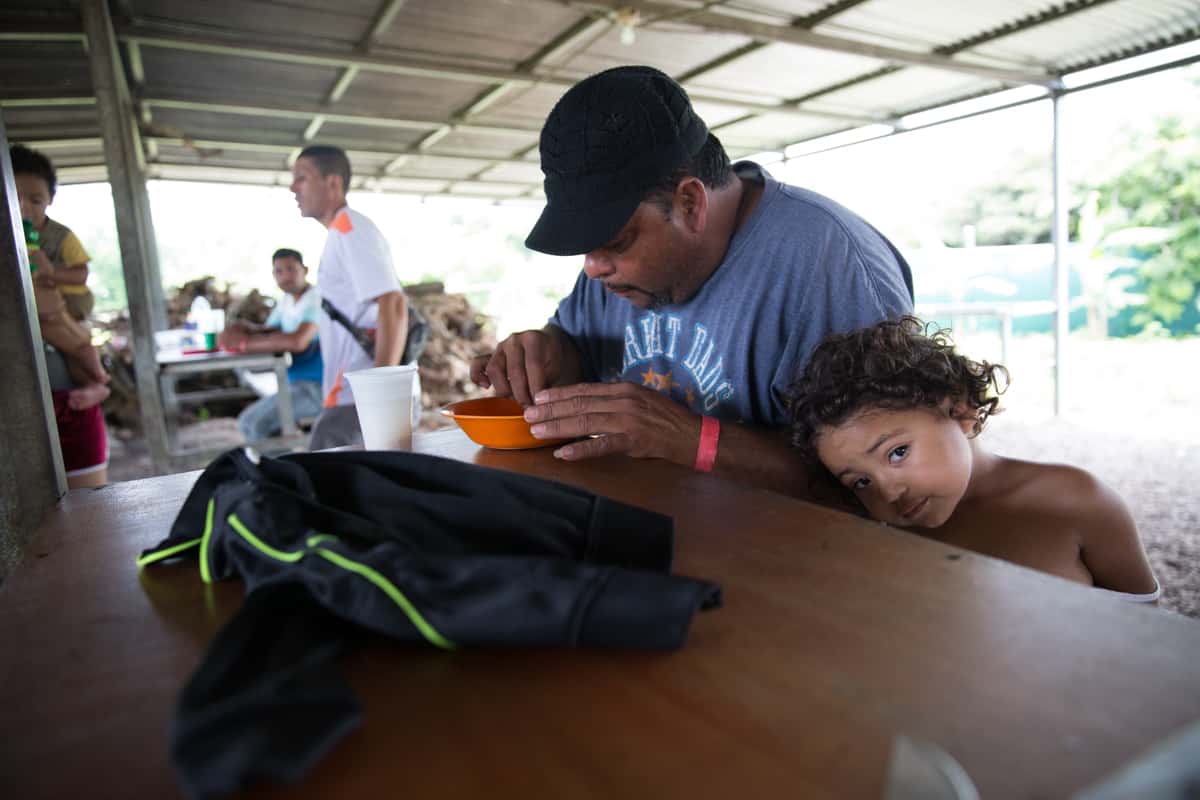In a major development, asylum seekers and refugees living in Costa Rica will now have access to health services from the Costa Rican Social Security Fund (CCSS). This comes after CCSS signed a special agreement called the Collective Insurance Framework for Health Coverage with several Costa Rican government institutions and international organizations.
The agreement was signed between CCSS, the Ministry of National Planning and Economic Policy (Mideplan), the University of Costa Rica Foundation (Fundación UCR), the UN Refugee Agency (ACNUR Costa Rica), the Embassy of Spain in San José, and Spanish Cooperation in Costa Rica.
CCSS Executive President Marta Eugenia Esquivel Rodríguez stated that providing insurance to vulnerable refugee and asylum seeker populations affirms CCSS’s commitment to public health. She emphasized that the agreement is an opportunity for CCSS to offer quality, dignified care through its services.
The main goal of the agreement is to improve access to health services for asylum seekers and refugees in Costa Rica. Their care will follow CCSS’s Health Insurance and Voluntary Insurance regulations.
Esquivel added, “The Costa Rican Social Security Fund is a key pillar of public health in Costa Rica. Through agreements like this, we continue contributing to medical access for those most in need.”
However, the coverage excludes Disability, Old Age, Death Insurance, and the Non-Contributory Pension Regime per CCSS.
Laura Fernández Delgado, Minister of Planning, said the Costa Rican government shares responsibility with the international community to address mutual concerns around migration. She appreciated the European Union’s support in providing resources for public institutions to care for refugees and asylum seekers.
The project has a budget of 1,320,000 euros from the European Union, represented by the European Commission. Spanish Cooperation is the implementing entity, with ACNUR Costa Rica as a strategic partner.
Ensuring proper health care access for asylum seekers and refugees, especially those with medical vulnerabilities, is a human rights imperative. This agreement between CCSS and humanitarian organizations demonstrates Costa Rica’s continued commitment to protecting vulnerable migrant populations.






